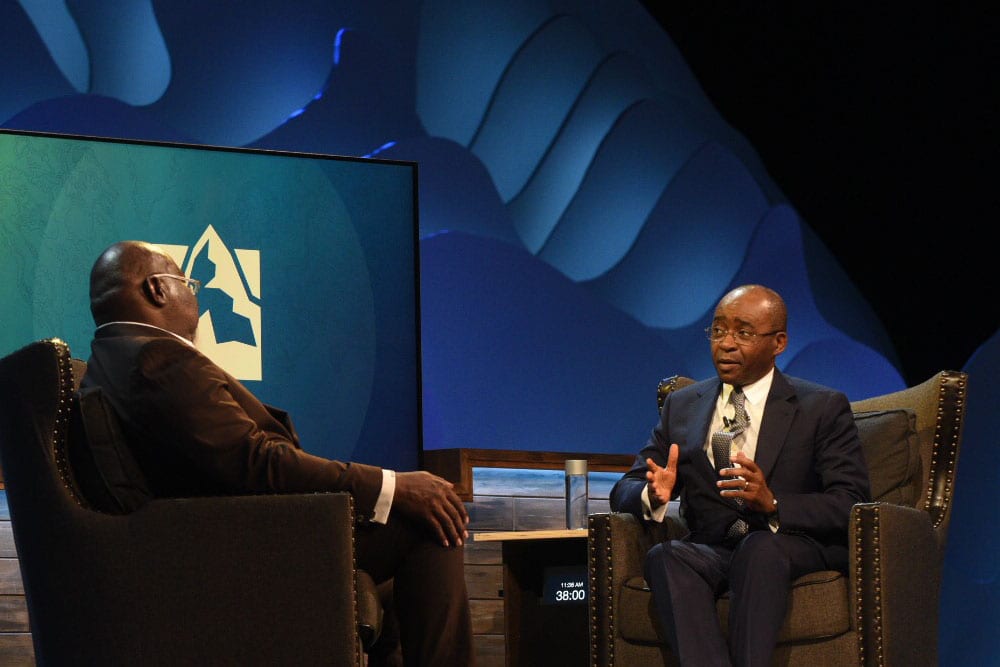
Bishop T.D. Jakes: You’ve been building Econet for 25 years. And at the start, it was tough. I don’t think you can reach good times until you survive bad times. It took five years to get your company licensed. Tell us about the struggle you ran into in Zimbabwe.
Strive Masiyiwa: I was born in Zimbabwe but my family left when I was six. I returned in my 20s as a telecommunications engineer, trained in England. I went to the government and said, “Listen, I think this new phone technology can help us provide telecommunications to all the people.” The president of the country turned it into a political issue. They saw it as a challenge to the political establishment. After five years of constitutional court, they pulled down the state telephone monopoly.
Jakes: It wasn’t a matter of legality. It was a matter of integrity. You could have paid them off and gone into business because that was the culture. You fought back. I want to know why.
Masiyiwa: On the eve of when I decided to launch this business, I became a Christian. After that, there were only 2 things on my desk for the next five years: the constitution of my country and my Bible.
Jakes: In some ways when it comes to business, you were the Mandela. You were changing the way business was done in that area. How did you feel about that?
Masiyiwa: The battle took place over five years. Others were beginning to do what I was talking about in other parts of Africa. I felt like I would be left behind. So I wrote about my frustrations with the government. The government tried to compromise me and I said, “No way.” I stayed the course. I took my dream public because I had no money.
Jakes: You had no money, you only had vision. What made you persist?
Masiyiwa: There was just a deep faith. One of my favorite passages of Scripture is Mark 10:29, and I would recite it to myself all the time. It says, “Whatever you lose for me and for my gospel, I will restore to you a hundredfold.” So, I said, “Well, there’s 100% return on this. That’s not bad. I’ll stay with it.” Eventually, I was forced to leave the country. I left in 2000 and have not returned to this day. But the company I left is now worth $3 billion.
Jakes: Amazing. Econet is a global business in multiple countries. Africa is not a country; it’s a continent with many different cultures. So, to grow a company beyond its own zip code, it needs to grow beyond its own culture. Multi-culturalism begins with the way we respect differences. What have you learned about doing business in different cultures?
Masiyiwa: When you come from an African country, you always have tribal issues. My first task is always to reach out. Embrace. We have 50 or 60 different nationalities working for us. I need to ensure that the diverse people who work for us are united by common values. You’ve got to be a champion for those universal values.
Jakes: I often tell people that you must embrace diversity in order to even remain relevant within your own social construct. You must forever be the student and not the teacher. Do you agree with that and what have you learned?
Curiosity is the key to being able to embrace diversity.
Masiyiwa: Absolutely. Curiosity is the key to being able to embrace diversity. When I arrive in a country I’ve never been before, I’m curious. What do you eat? What do you do? What do you play? You have not visited a country until you have been in a home or eaten the food. It’s your curiosity. Curiosity is where innovation comes from as well.
Jakes: You built your business around solving a problem. If your business is the answer to somebody’s problem, they will seek it and you don’t have to sell it. Your business gave telephones to millions of people. And that swayed the process to get your credentials, right?
Masiyiwa: Today, 75% of Africans have a mobile phone. There are more mobile phones in Africa than Europe and the United States put together. My enduring principle comes from T.L. Osborne who said, “If you want to be a success, identify a human need and reach out to solve it.”
Jakes: You shifted the current by not doing business on the black market. Now 75% of people have phones. And it has changed the way Africa sees itself. Africans are starting to take leadership of their own future. But for you, business is not just about profit; it’s about purpose. You have a commitment to philanthropy and a very unique perspective. Let’s talk about that.
Masiyiwa: My wife and I saw the challenges of HIV/AIDS, so we started working with orphans. Our goal was to keep them in school. Now, 25 years later, we have helped out 250,000 kids. Education is ground zero, but education must also have purpose. We call these children history-makers. We build their education that they may go and change the world.
Education is ground zero, but education must also have purpose.
Jakes: I don’t think people always see philanthropy as investment. They see it as charity. Pouring into children is an investment. David invested into Solomon who was the wisest man this world has ever known. We must train and invest in the next-generation. As my mother diminished in her facilities, I realized I’m raising my children not just to think for themselves but, in the end, they will be thinking for me. You saw hungry babies whose mothers had died of HIV/AIDS and you modeled success for them. How important is it to take people from repressed areas and expose them to the next level?
Masiyiwa: The greatest challenge we have in the world today is that we are not exposed to each other – even with all the technology. We’ve got to make sure technology doesn’t divide us. It’s a tool.
Jakes: How do we take the technology that we have created and use it for good? We’ve lost the art of speech. I don’t think you can change cultures if you don’t change conversations.
Masiyiwa: The Bible says that a wicked man gives away his heart. His words locate him. We are living in a time now where every word is put on social media, and it can’t be deleted. We communicate in sound bites, but the methodology matters less than what is coming from our hearts. We need to fill our hearts with the foundations of the gospel.
Jakes: Let’s talk about developing self-esteem, confidence and a feeling of winning. All major business deals take time. You talk about short-term wins and long-term wins. How important is it to have short-term wins?
Masiyiwa: A great vision is only as good as your short-term ability to deliver wins on a day-to-day basis. Consistency connects the long-term vision and the short-term wins. Fifteen years ago, I told people I would like to connect all the African countries by fiber. And as I looked at their faces, I knew I should not say this again. So I said, “I want to connect South Africa and Zimbabwe”—and fifteen years later we arrived in Cairo.
Jakes: So, you knew the why. You knew the long-term strategy but you spoon-fed it to the team in incremental stages. I hear you saying that it is possible to choose your staff when you give them the full weight of where you ultimately are trying to go. How important is it to applaud intermediate successes with the long-term strategy still in view?
Masiyiwa: We must stay consistent. I have to accept that investors are short-term so there has to be short-term wins. To succeed, you have a vision but there also have to be sign posts along the way.
Jakes: So, I’m a CEO and a pastor and a father. My children needed me to be a father more than a pastor. If I were your child and you had to summarize what you learned that made you what you are, what would you say?
Masiyiwa: I try to remind my children all the time to respect the people who work for us. The best of our people could be anywhere in the world – and they came to us. Respect is the key.
*Disclaimer: GLS2018 Session Notes are only available in the United States*



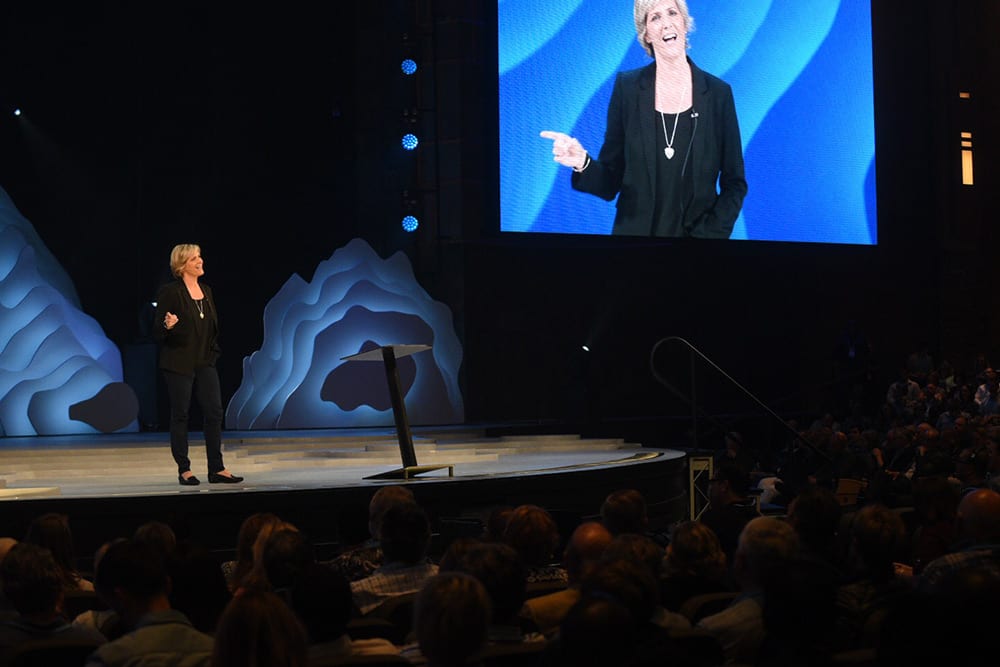
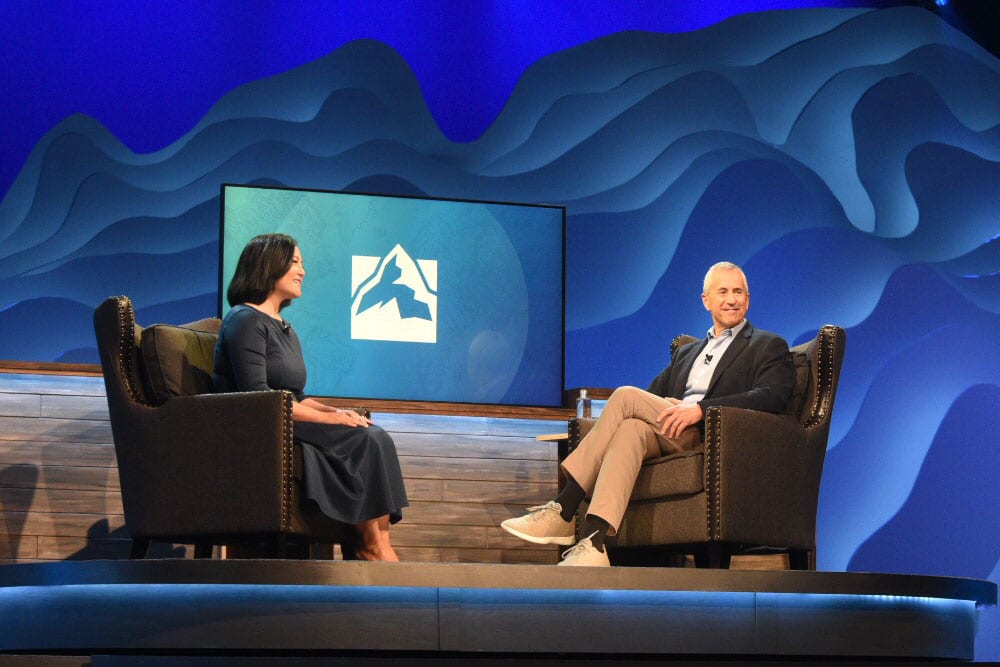
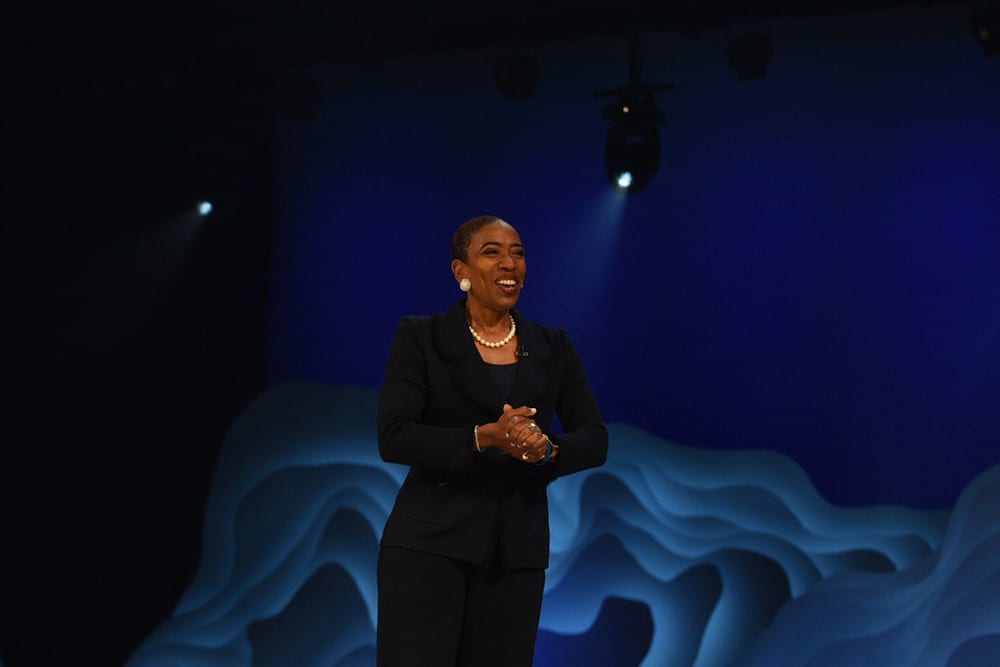
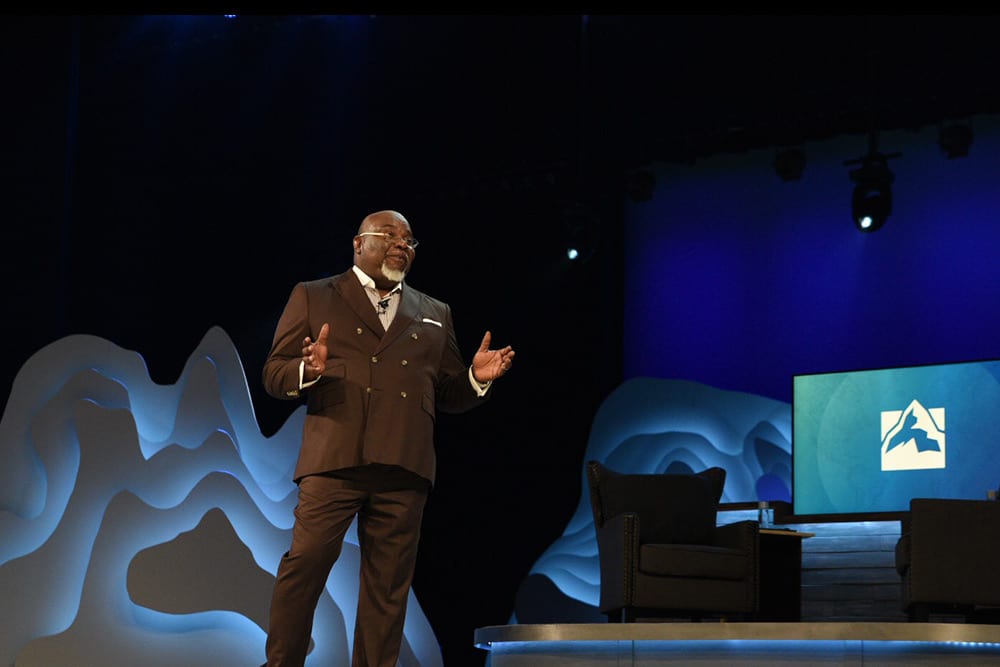

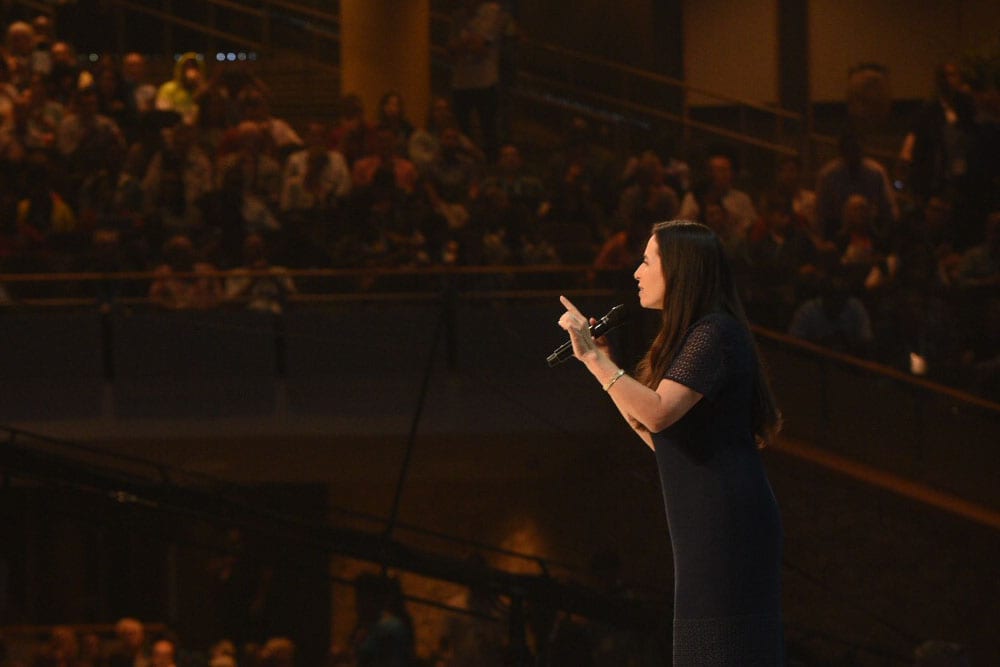
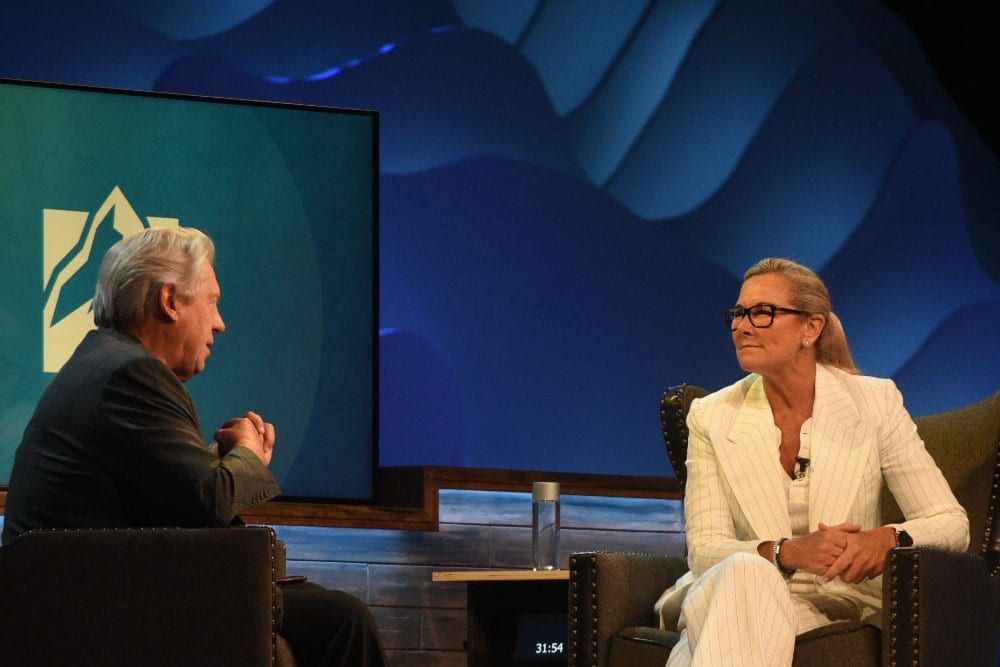
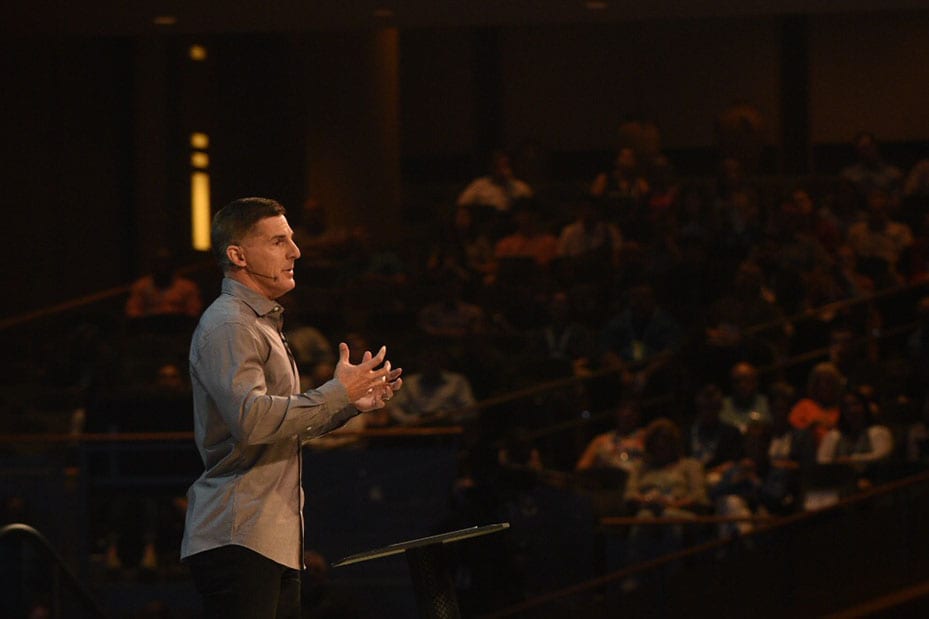

Recent Comments